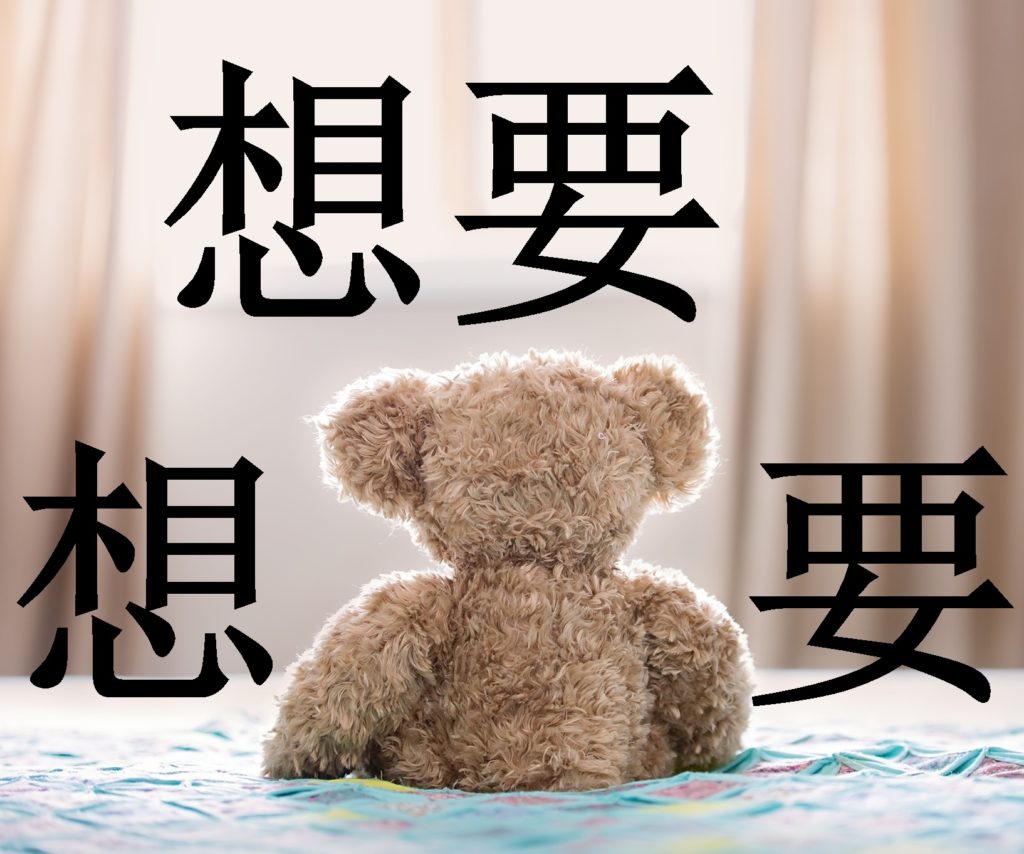A common question asked by Chinese learners is the difference between 想 (xiǎng), 要 (yào) and 想要 (xiǎng yào). In this post I’ll explain the main differences.
As with all my posts, the pronunciation is written in Pinyin, so if you need some help understanding what the squiggly line are above the pronunciations, check out my post where I explain Hanyu Pinyin here.
What is the difference between 想 (xiǎng), 要 (yào) and 想要 (xiǎng yào)
-
想 (xiǎng) is most often used to say “would like” but is also used to say “to think”, “to believe” or “to miss”. -
要 (yào) means to need or to want and is stronger than想 (xiǎng) -
想 要 (xiǎng yào) also means to want or to feel like and is not as strong as saying要 (yào)
As a rule of thumb, if you are asking for something and are trying to be polite, say “我想 ” (wǒ xiǎng) or “我想要” ( wǒ xiǎng yào) rather than “我要”(wǒ yào).
Examples on the use of 想 (xiǎng), 要 (yào) and 想要 (xiǎng yào)
Here are some examples that contrast the use of
Example 1: I would like to go to China

In this example we take the sentence “I would like to go to China” and replace “want” with
First here is a break down of the sample sentence:
| |
<want> | |
|
| wǒ | <want> | qù | zhōngguó |
| I | <want> | go | China |
Note the word for “China” is
Here is a comparison in using 想 (xiǎng), 要 (yào) and 想要 (xiǎng yào) in this sentence:
| English | Chinese | Pronunciation (Pinyin) |
| I would like to go to China |
|
wǒ xiǎng qù zhōngguó |
| I want to go to China |
|
wǒ xiǎng yào qù zhōngguó |
| I want/need to go to China |
|
wǒ yào qù zhōngguó |
Example 2: I want to buy this book

In this example I take the sentence “I want to buy this book” and replace “want” with
First here is a break down of the sample sentence:
| <want> | 书 | ||||
| wǒ | <want> | mǎi | zhè | běn | shū |
| I | <want> | buy | this | <classifier for books> | book |
Here the character for book is
If you want to know more about classifiers, check out my post on Chinese Classifiers: What are they and how to use them as well as my complete list of Mandarin Chinese classifiers and measure words.
Here is a comparison in using
| English | Chinese | Pronunciation (Pinyin) |
| I would like to buy this book |
|
wǒ xiǎng mǎi zhè běn shū |
| I want to buy this book |
|
wǒ xiǎng yāomǎi zhè běn shū |
| I want to/need to/will buy this book |
|
wǒ yāomǎi zhè běn shū |
Example 3: I don’t want…

In this example I take the partial sentence “I don’t want…” and replace “want” with
First here is a break down of the sample sentence:
| <want> | ||
| wǒ | bù | <want> |
| I | do not (negative prefix) | <want> |
Here the character
Here is a comparison in using
| English | Chinese | Pronunciation (Pinyin) |
| I don’t want… |
|
wǒ bùxiǎng… |
| I don’t want… |
|
wǒ bùxiǎng yào… |
| I don’t want/need… |
|
wǒ bùyào… |
Example 4: I miss you, I want you

In this example I’d like to show how the meaning of “I want you” varies depending on whether
Here is a break down:
| <want> | ||
| wǒ | <want> | nǐ |
| I | <want> | you |
No contrast how the meaning varies depending on whether
| English | Chinese | Pronunciation (Pinyin) |
| I miss you / I want you |
|
wǒ xiǎng nǐ |
| I want you |
|
wǒ xiǎng yào nǐ |
| I want you / I need you |
|
wǒ yào nǐ |
我想你 (wǒ xiǎng nǐ) means“I miss you”
It is important to understand that by itself
- “I want you to come and look”
(wǒ xiǎng nǐ lái kàn kàn) - “I want you to be happy”
s s t t r r o o n n g g > > 我 wǒ 想 xiǎng 你 nǐ / / s s t t r r o o n n g g > > 快 kuài 乐 lè
Wrapping it up
I hope this has cast some light on the use of

